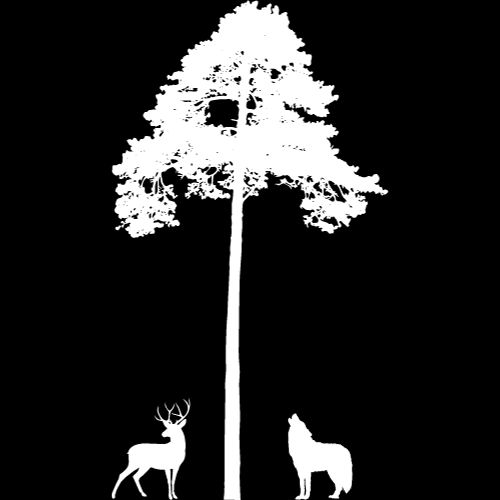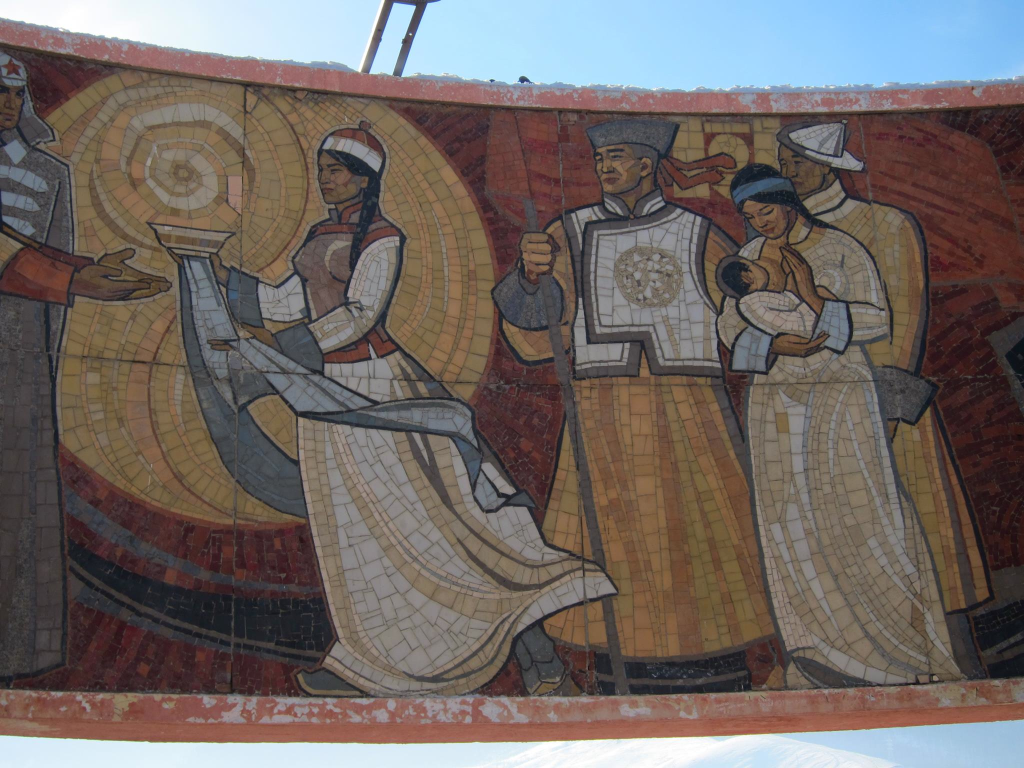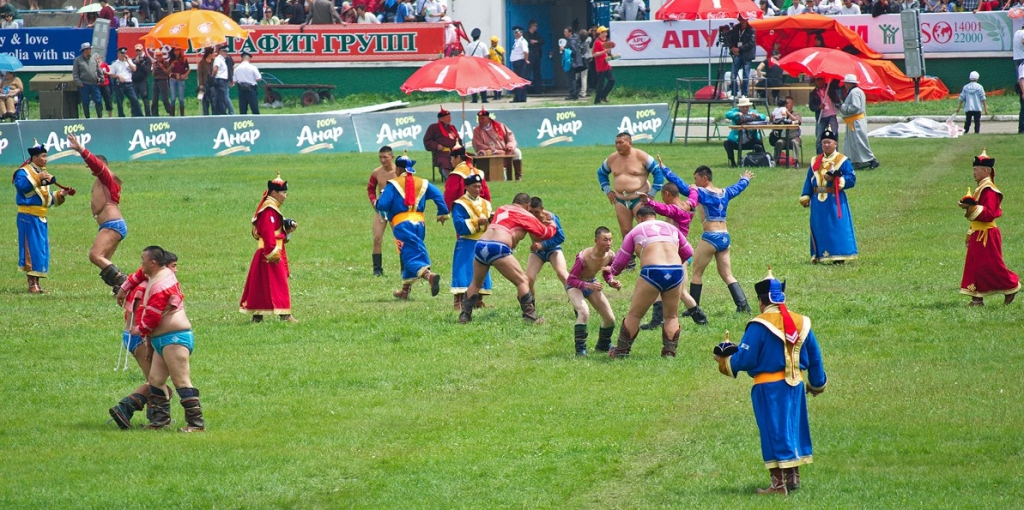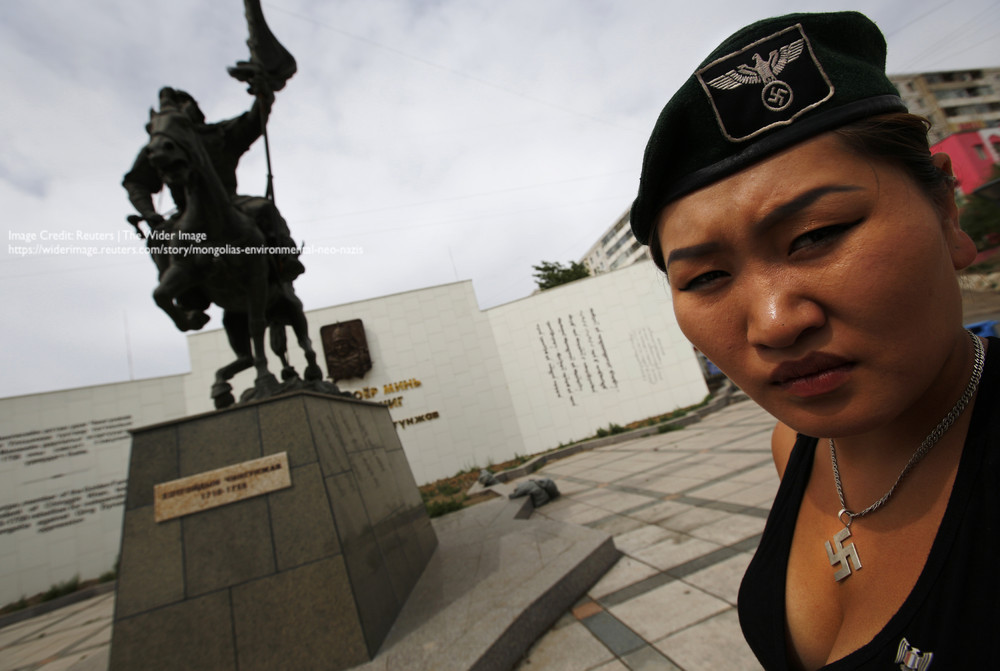Every culture treasures mothers, but I’m going to go out on a limb here and say that Mongolians love their mothers more. Take a scroll through Mongolian songs and you’ll find an incredible amount of songs dedicated to eej. If we focus only on traditional songs, then we’ll find that there’s generally three main topics: my horse, my Mongol-ness, and my mom. Search eej in youtube, and you’ll get 60,600 hits along the lines of eej mine (mother of mine).
Yet, throughout Mongolian history and into today, moms have to put up with a lot more ~shtuff~. In this post, we explore what it means to be a mom, and by short extension, what is means to be a woman in Mongolian society.
The Wombs of Women and the Mongol Bloodline
Tell me if you’ve heard this one before: a Mongolian woman in Ulaanbaatar goes to the OB-GYN. She’s had a boyfriend for the past year or so, her first boyfriend ever, and she’s gotten pregnant. She’s going for her first check up and she’s a little bit nervous. She’s waiting in the doctor’s office, and the doctor finally strides in the door. He sits and looks over her file, and frowns.
Doctor: “How old are you?”
Woman: “24.”
Doctor: “Is this your first pregnancy?”
Woman: “Yes.”
He looks confused.
Doctor: “Why’d you wait so long? At your age, many women are on their second or even third child.”
– End scene –
The key archetype of women in Mongolia is “mother” – as soon as possible and as often as possible. Mongolia still holds the Soviet-age relic of awarding “Super Mom” awards to those that birth 4 or more children (a mainstay of the pro-generative policies of that time period).
Women ages 25 or older who aren’t married or have children are often seen as aberrations, and face pressure from family and society to settle down.
There’s a few reasons why this pressure is so intense. First of all, the family unit is core to Mongolian society. Think about – when you’re living a nomadic life and all you have to support yourself are your animals, the infinite nature around you and your family, then you have to be pretty dependent and close to one another to survive.
Secondly, the population in Mongolia is very low – Mongolia is one of the least densely populated countries in the world. Our land size is about 2.5 times the size of France, but we only have about 4 percent of the population. Given the low population numbers, there’s a constant fear that the Mongolian race – the Mongol blood – will disappear. Therefore, the wombs of women are extremely important to continue the Mongolian line.
To encourage them, women are told by society that to give birth to Mongolian babies is a central patriotic duty. Those that do are revered and those that don’t are abhorred.
You Raise Me Uuuuuup, Until You Don’t
The mother figure will pop up in all areas of Mongolian society today – whether it is to run for political office, to establish authenticity or to sell a certain brand of yogurt. Again and again, motherhood, it seems, is an ideal that everyone can agree on.
Yet, being a woman and being a mother in Mongolia is … difficult, to put it lightly.
Some dispute this, saying that women in Mongolia garner more respect generally than other countries in East Asia. In some respects, this is true. Women in Mongolia are more educated than men, they’re more likely to be employed, and they live about 9 years longer (on average!). But women do not have an equal amount of power in Mongolian society – neither political, economic or social. Political representation is extremely slim, and the political world is seen as the domain of men (an idea that dates back to ancient times). Women are less likely to hold productive assets compared to men. Domestic violence and violence against women are widespread.
Womanhood in Mongolia is a complicated and oxymoronic situation – a push-and-pull relationship of raising women up to godly ideals only to turn around and throw them under the bus.
The raise: Mongolians place mothers as almost divine – tough, smart, kind, all-caring, and all-sacrificing.
The throw: Yet, Mongolians also don’t treat women all that well. According to the 2017 National Report on Gender-based Violence in Mongolia, 1 in 3 women reported experiencing physical and/or sexual violence by an intimate partner. But, from the same report, we learn that nearly 90 percent of women who experience severe sexual violence do not report it to the police.
Gender Norms and the Drunken Father
So how do we explain this ugly, festering sore on our society? Why do we have such an unbalanced way of treating mothers and women?
One of the problems we can point to is rigid gender norms, aka “this is what girls do and this is what boys do.” Gender norms dictate that women have to cook, clean, look hot, and take care of the kids. In return for the lifetime companionship of such goddesses, men have to be the protector of the family, warding off any predators and enemies that stride too close to the hearth. In this role, men are expected to be amazingly confident, strong, and emotionless (this can be aptly described as “toxic masculinity” of which much has been written).
Whenever the gender lines seem to blur, a cacophony of criticism and shool-ing (making fun of) rises. One may hear a lot of:
“If you don’t take care of your looks and presentation, no one will want to marry you.”
“Girls shouldn’t sit like that, you’re not a man.”
“Girls should learn to cook and clean so they can find a good man.”
“Boys don’t cry. Don’t cry or else everyone else will make fun of you.”
“Beer and wine is a woman’s drink. Real men drink vodka.”
As can be seen, rigid gender norms are harmful for both men and women. There’s real life consequences to being told repeatedly to act, feel and be a certain way. Both genders come away thinking that there’s one ideal woman, and any woman who acts outside those bounds is open to criticism.
Of course, the same applies to men, resulting in sky-high rates of physical issues (like diabetes, heart disease, lung and liver disease, and alcoholism. Alcohol abuse is prevalent throughout Mongolia, and is significantly higher amongst men – 48.8 percent of men have a drinking problem. This affects their employment prospect, their health and longevity, and their relationship with their family. In fact, the trope of the drunken father and husband is altogether too common. Many a family has had to deal with the emotional turbulence of having a male figure hit the bottle too hard.
On the scale of the family unit, this means that the mother becomes more precious. From the eyes of the children, the mother is one who has to deal with the father’s excessive drinking or abuse. The father figure may also pass away far earlier than the mother, which means the mother figure is just physically around longer in the lifetime of the individual.
Makes sense why Mongolians love their mothers. But Mongolians have to ask themselves – why does the cycle continue? Why do we allow women to be abused and cast off from all helms of power? Why do we pressure men into one mold, and deny them emotional range? Why do we allow generation after generation of sons who see their ever-suffering but perpetually enduring mother, but grow up to become a drunken father? Why, why, why? And once we answer that, maybe we can turn to how. How to reverse the trends? How to liberalize our society? How to become more compassionate towards one another, and not just remain sympathetic, shaking our heads and tsk-tsking at the thought of our poor mothers.






Leave a comment